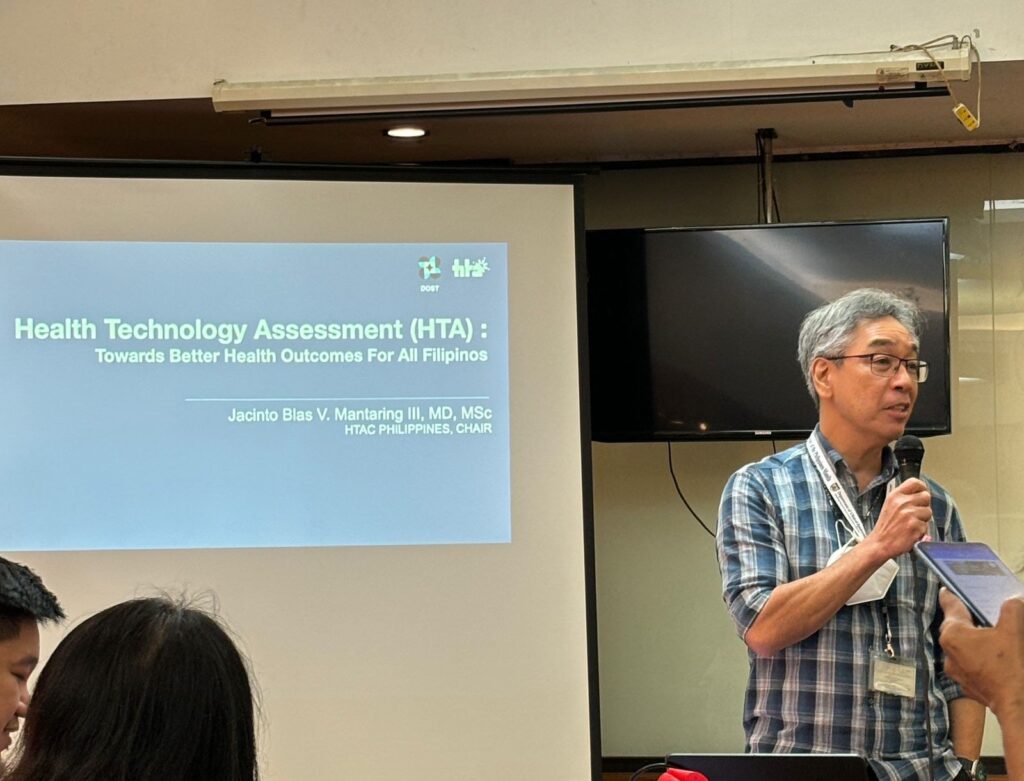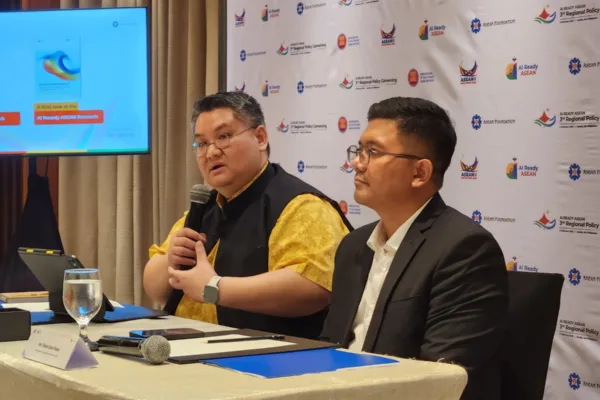The Philippine Alliance of Patient Organizations (PAPO) recently underscored the pivotal role of Health Technology Assessment (HTA) in advancing Universal Health Care, emphasizing its impact on shaping healthcare services and ensuring equitable access for all Filipinos.

The Philippine Alliance of Patient Organizations (PAPO) organized a discussion that aims to provide critical updates on Universal Health Care (UHC), emphasizing that Health Technology Assessment is key to advancing universal health care for Filipinos
At a year-end event attended by patient advocates and healthcare leaders, PAPO highlighted how HTA is not only a tool for guiding government health investments but also a mechanism that directly influences the availability of essential medicines and services for patients.
PAPO and HTA: Improving patient access and services
As mandated by the UHC Act (Republic Act No. 11223), HTA serves as a fair and transparent mechanism to evaluate and recommend healthcare interventions. These recommendations guide the Department of Health (DOH) and the Philippine Health Insurance Corporation (PhilHealth) in determining which drugs, devices, procedures, and services should be included in UHC benefit packages.
PAPO, which is currently comprised of 52 patient organizations advocating for patient rights, universal healthcare, and patient participation in policymaking, emphasized that HTA plays a key role in ensuring that essential medicines, such as those listed in the Philippine National Formulary, are made accessible to patients. These evidence-based recommendations not only shape government health investments but also impact the quality and range of services available to the public, particularly in underserved communities.
Challenges in scaling HTA Implementation

Dr. Jacinto Blas “Jojo” V. Mantaring III, Chair of the HTA Council, outlined the pressing challenges faced by the HTA Division, including resource gaps and capacity-building needs. Currently, the division operates with only 13 in-house assessors, far below the ideal workforce of 258.
Staffing shortages are exacerbated by the lack of permanent plantilla positions, resulting in a high turnover rate and limited capacity to meet the growing demand for HTA evaluations.
To address these gaps, the HTA Council is working with the University of the Philippines Manila to establish a Master’s degree program in HTA, aimed at building local expertise. The upcoming release of the 2024 Philippine HTA Guidelines, including a Process Guide, Methods Guide, and Stakeholder Engagement Framework, is also expected to enhance the transparency and consistency of HTA recommendations.
Ms. Karen Villanueva, PAPO’s President, said, “HTA is embedded in the UHC Law because it helps prioritize what government can provide. Ideally, no one should be left behind under UHC but the reality is many are left behind especially those suffering from catastrophic diseases like cancer and other illnesses. We then need to focus on removing the barriers to long approval waits such as increasing the budget of HTAC so it can hire more HTA assessors, and improving transparency and social participation. One way to do this is to allow public comments whenever a review is being conducted so that more people and patients can share their views especially those with lived experience.”
Legislative advocacy for UHC

Patient groups, through PAPO, reiterated their support for amendments under Senate Bill No. 2620, which seeks to strengthen UHC implementation by including dental services in UHC coverage, revising PhilHealth premium rates, and allowing the President to defer premium hikes during crises.
However, they expressed concern over delays in the passage of the bill’s counterpart in the House of Representatives, urging lawmakers to act swiftly to ensure timely patient benefits.
The event served as a rallying call for stakeholders to support the institutionalization and resourcing of HTA, recognizing it as a cornerstone of a more inclusive and patient-centered healthcare system.
By addressing these challenges, the HTA can fulfil its potential to transform UHC and improve the lives of millions of Filipinos.








